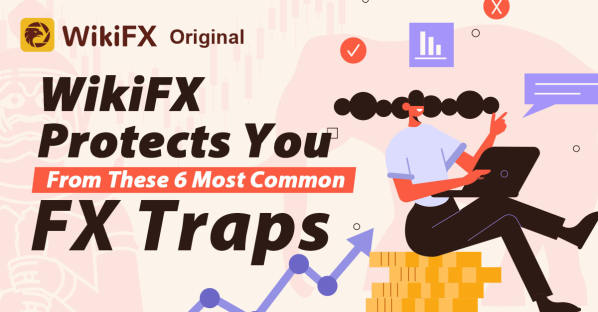
Traders who fell into forex brokers traps may end up losing their money entirely. In this article, WikiFX showcases the 6 most common FX traps that we have gotten genuine complaints from forex traders across the globe through our Exposure page – this is where users can submit their reviews or disputes of their forex brokers respectively for the perusal of others.
1. Fake/unregulated brokerage platforms
Such brokers usually lure traders into deposits, falsely promising high profits or even guaranteed returns, zero spreads, or other unrealistic reward systems. Fraudulent companies tend to show their brands alongside regular platforms as much as possible, and falsely claim their regulatory statutes and licenses to delude users into believing their legitimacy.
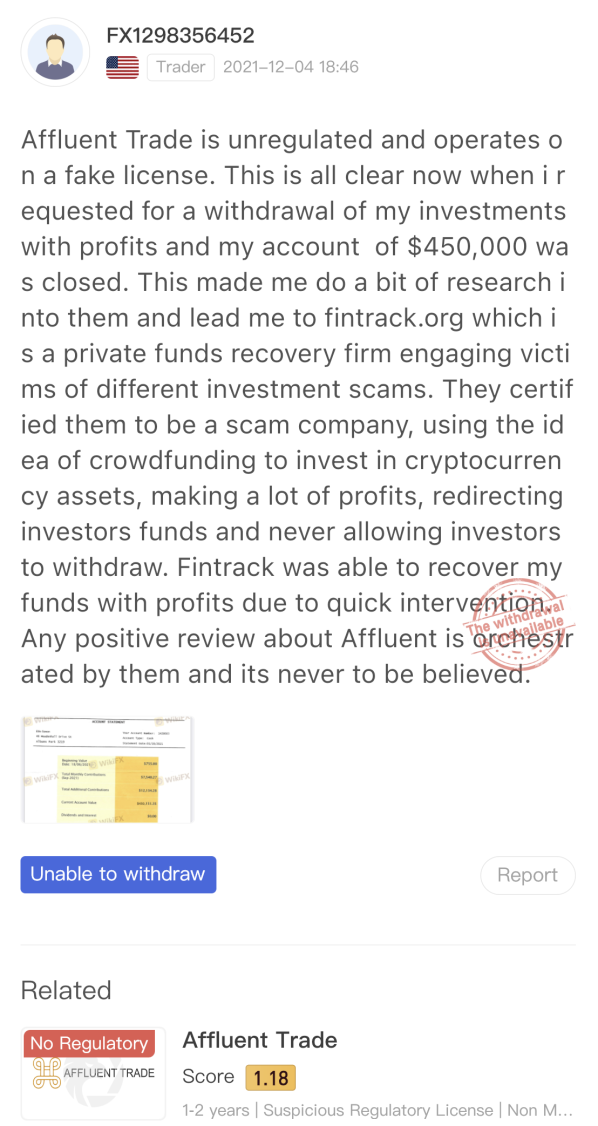
2. Copycats
At first glance, these companies are registered with the regulator's website vendor and provide the correct registration number, but further investigation reveals that they are very similar to real regulated brokers and may only be used for a slightly different spelling, logo, or font-variant – just to trick users to entrust them with their trading capital.
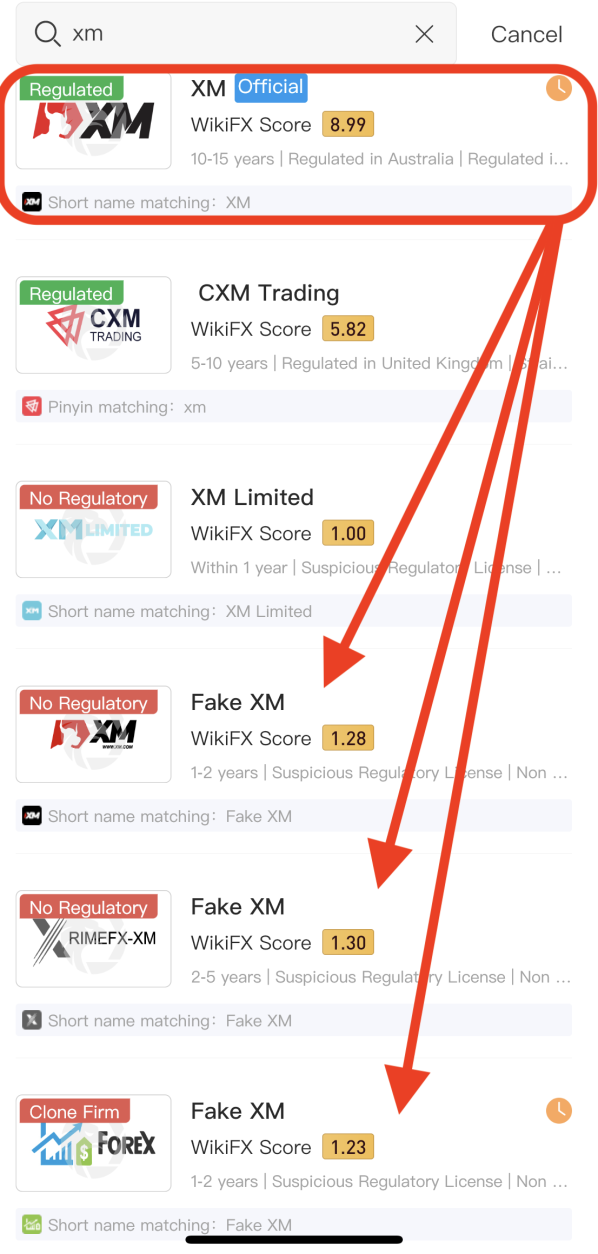
To showcase a real-life example directly, we will type in “XM” into WikiFXs search bar. There are several brokers with the name “XM” that come up in the search results.
The image below shows an established and prominent forex broker, named XM.
Its various information has been verified by WikiFX which is the reason behind its high WikiFX score and rating. Moreover, it is under the regulation of several regulatory bodies and holds a few licenses that certify the legitimacy of its business as a whole.
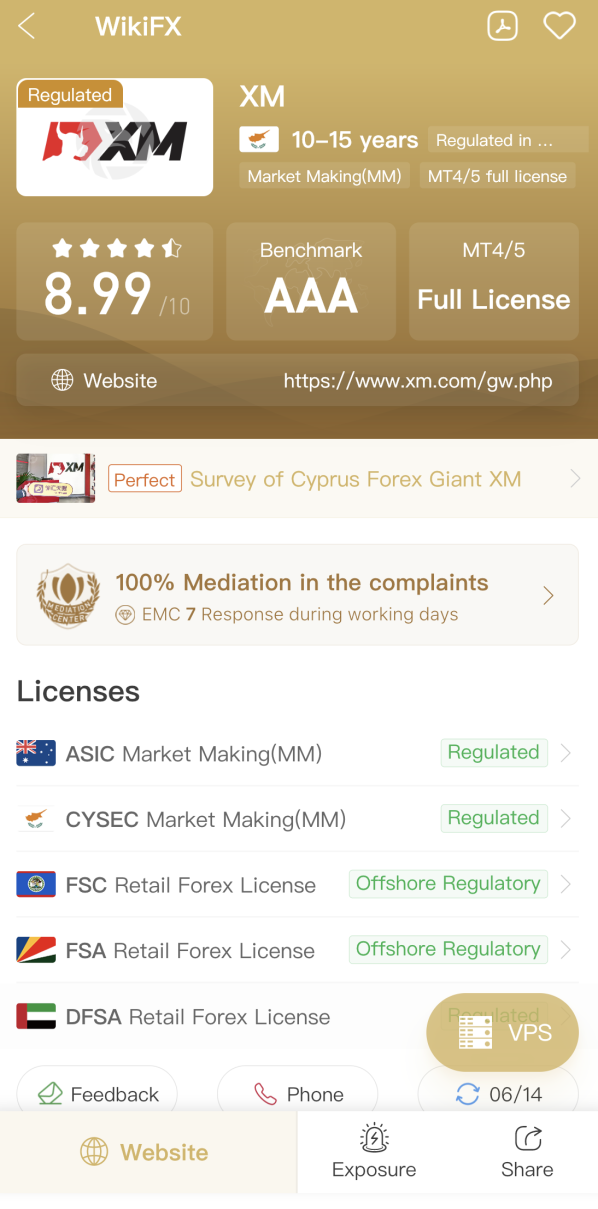
On the contract, the 3 forex brokers attached below are believed to be ‘copycats’ of the original XM broker. This is proven by WikiFX with their low WikiFX score as well as the unavailable regulatory statuses and licenses.
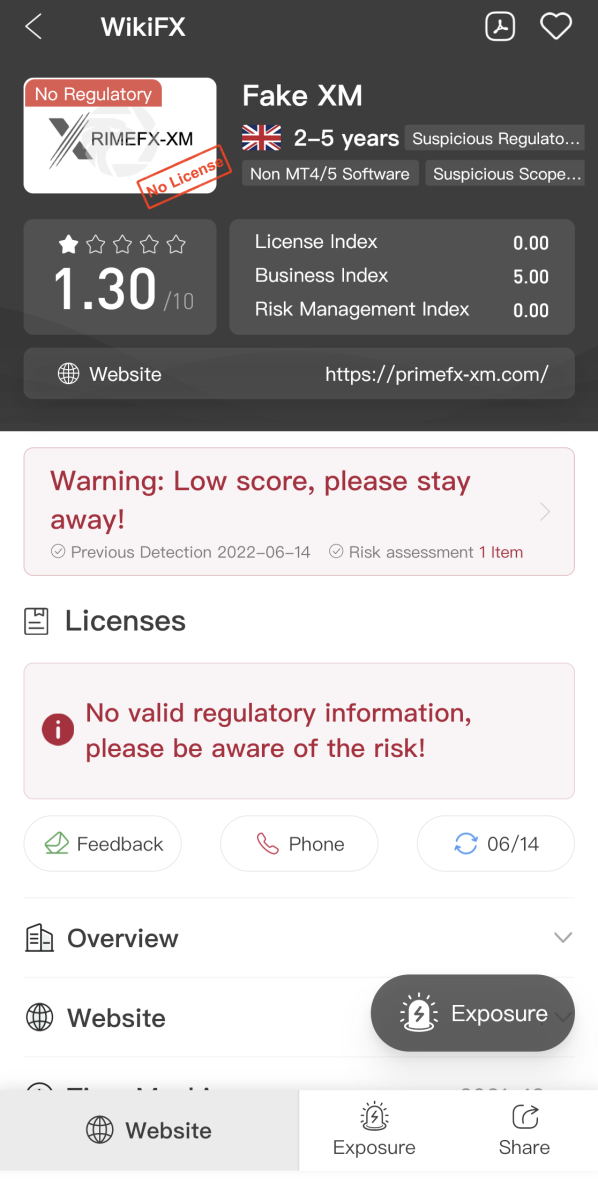
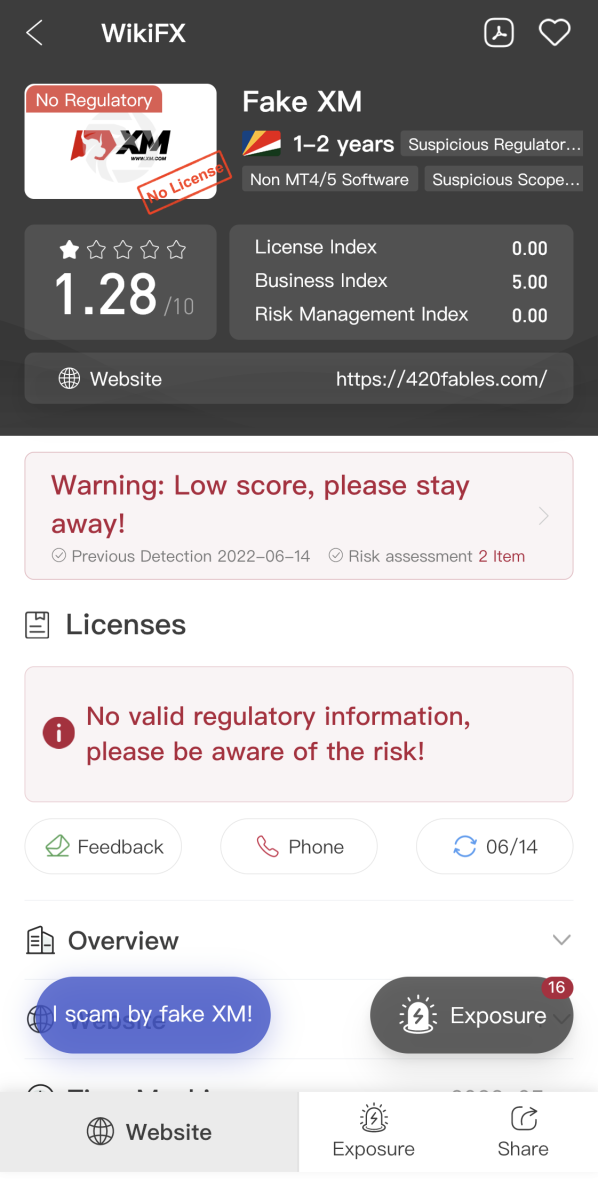
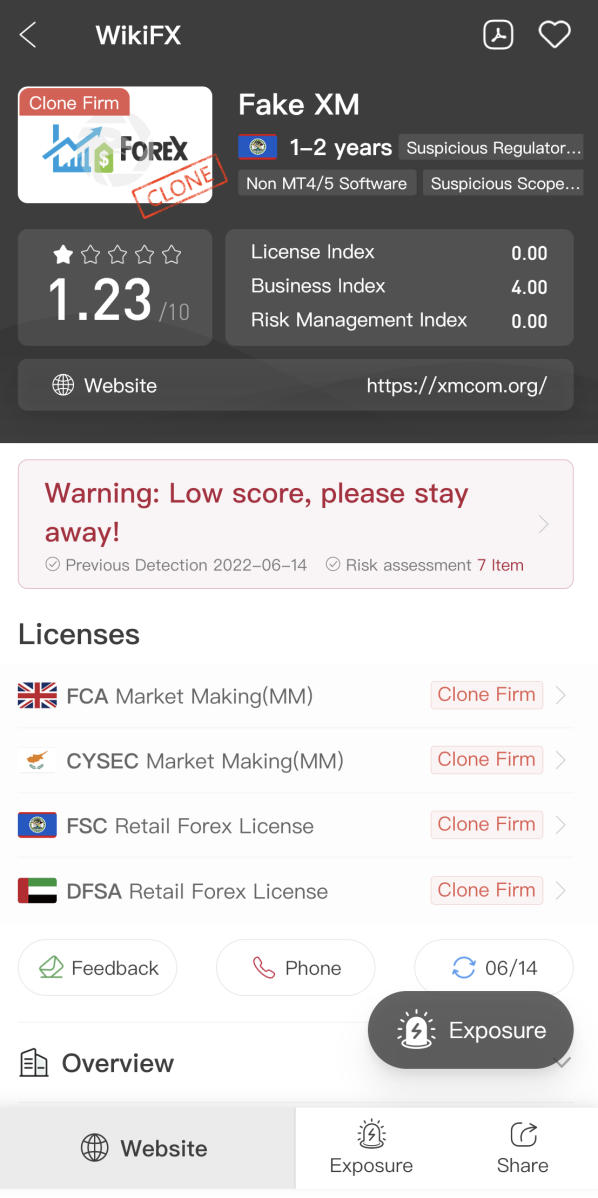
3. Fake linkage to regulatory websites
To gain user confidence, some brokers may fake their licenses and regulatory statuses, or “purchase” a license from an unrecognized organization. However, some brokers that are bold enough may take the extra mile by creating a clone of a regulatory bodys official website and attaching that link to their official broker website while claiming they are not afraid for users to verify them directly. Little do the users know that what they are doing is just vanity because they are basing off fake information.
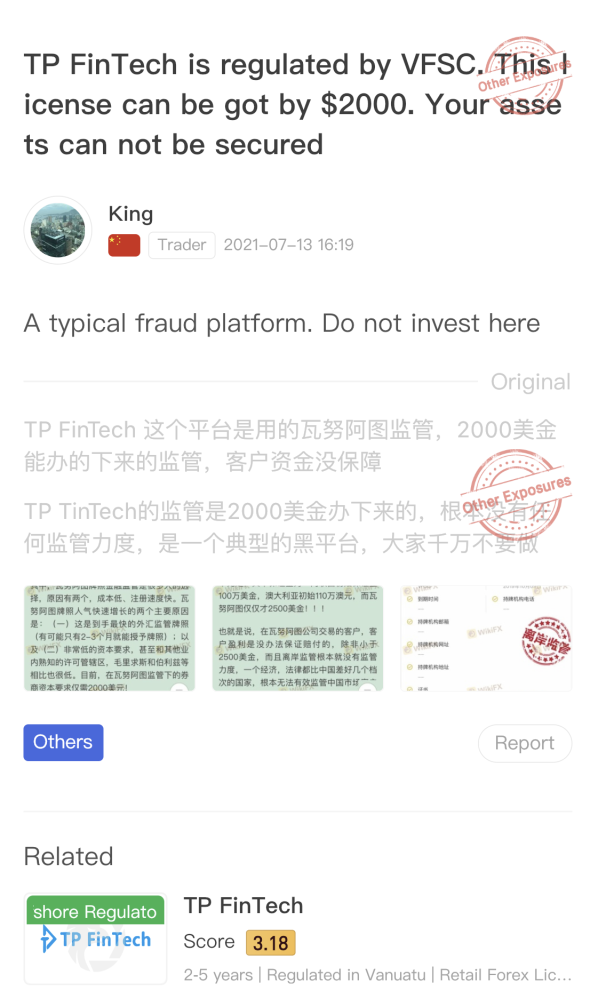
4. Forex Ponzi scheme or high yield investment schemes (HYIPs)
Financial pyramid schemes, money games, and other Ponzi schemes remain one of the most famous scams within the forex industry. They are often under the disguise of forex followers who enthusiastically promote financial investment programs that promise investors excessive profits. The real truth is that investors money is constantly being transferred, as more people join, there will be more money from those new investors can be used to pay the old investors' fees, so that investors believe that the investment in question can indeed provide high returns, but such scheme seldom withstands the test of time and eventually collapses as the fraudsters escape.
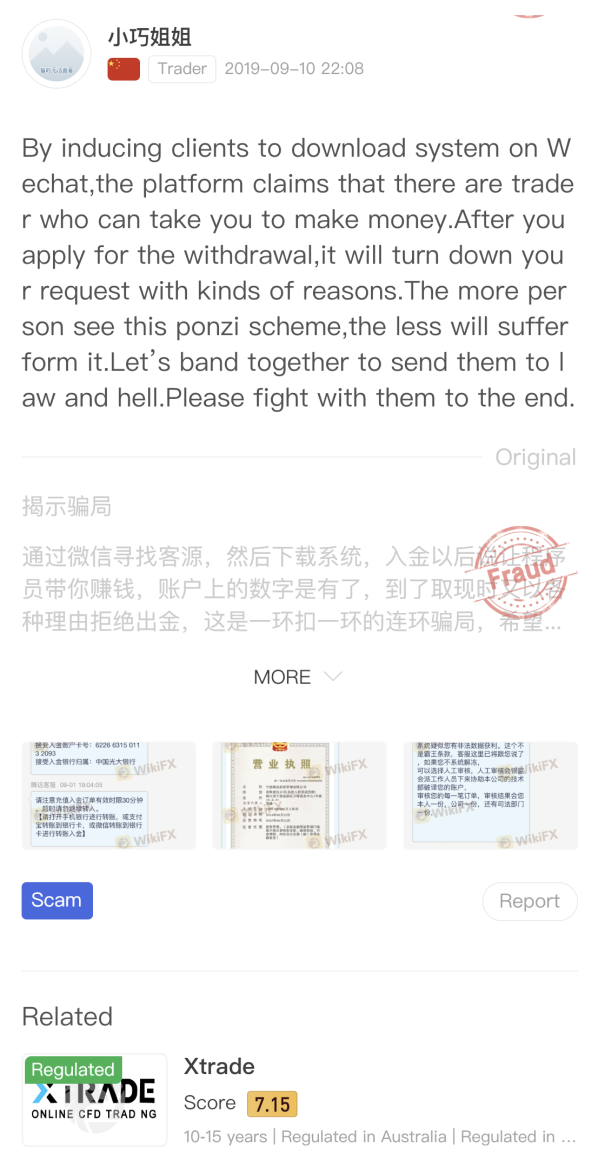
5. Unreliable fund managers and/or analysts
Some brokers assign fund managers or personal analysts to traders who open an account with them. Unfortunately, not all fund managers and analysts will act in favour of their clients. Some of them could be executing orders just to gain commission for themselves at the clients‘ expanses. They might even lose all of their clients’ monies and ask for additional capital again.
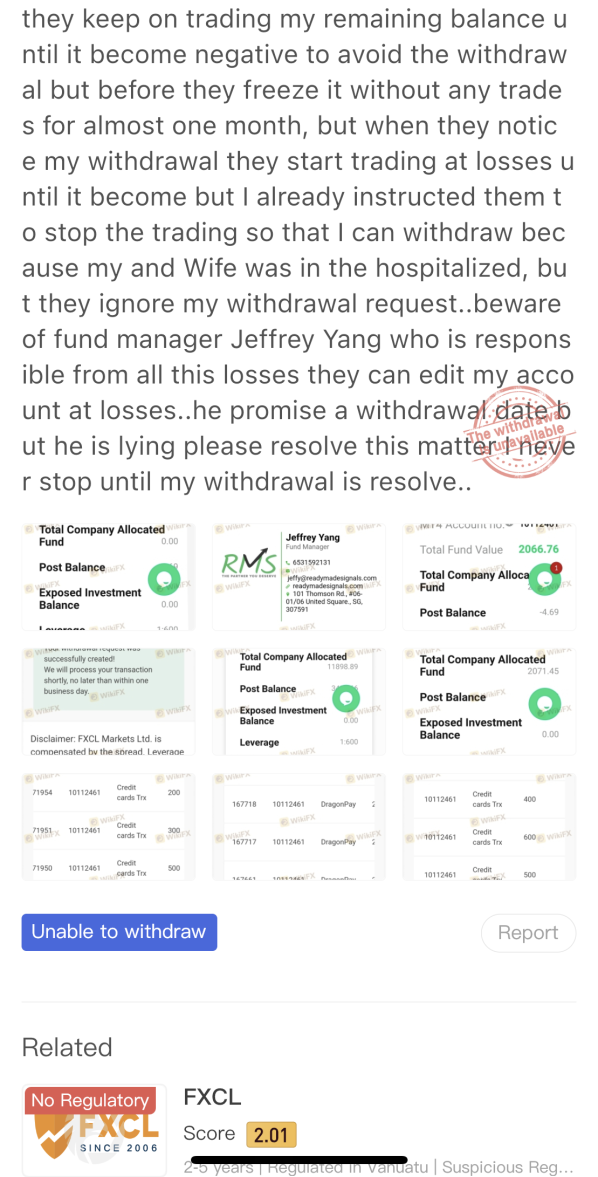
Generally, fund managers should have at least a certain degree of professional qualifications, such as a license from the SEC examination and a paid-up capital of their own which serves as an insurance for their customers. Take note if a fund manager is unable to show his license or certification, that is a red flag to be aware of.
6. Bid-ask spread manipulation and stop hunts
Some brokers might take advantage of their trading clients by spontaneously increasing the bid-ask spread. The larger the spread, the more money the broker makes, consequently reducing the profits and/or increasing the losses of their clients.
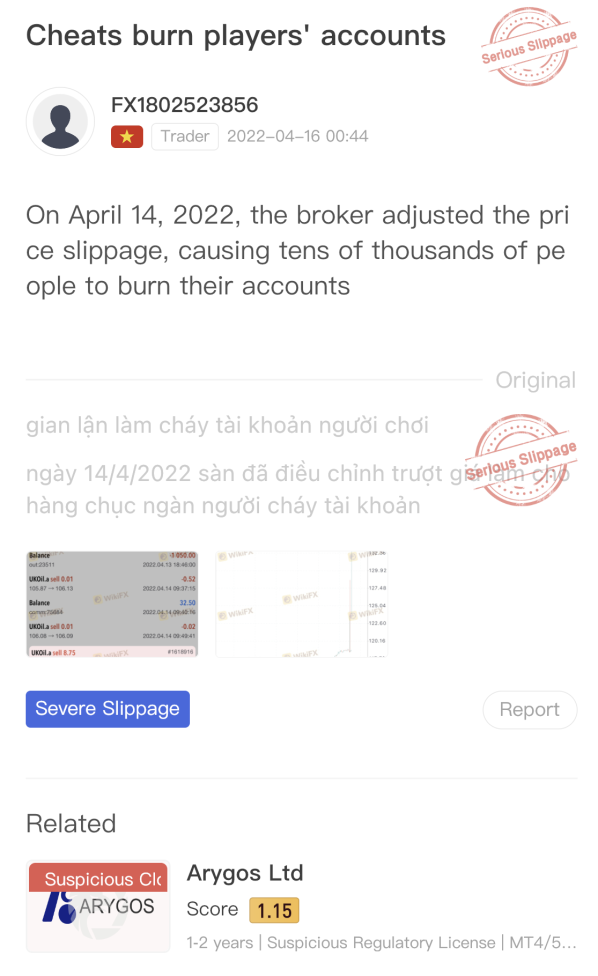
Lastly, if you have unfortunately found yourself in sticky unresolved disputes with your forex brokers or if you suspect that your broker might be setting up a trap for you and other trading clients, please feel free to contact WikiFX.
You can either upload your concern coupled with as much detailed information/proof as possible on the WikiFXs Exposure page.
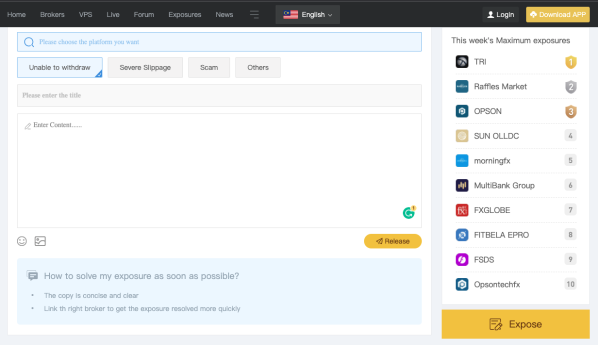
Click here for WikiFXs Exposure page (web version): https://exposure.wikifx.com/en/revelation/1.html#issue_roll
If you are a mobile app user, head over to Google Play/App Store to download the free WikiFX app right now and follow the steps below:
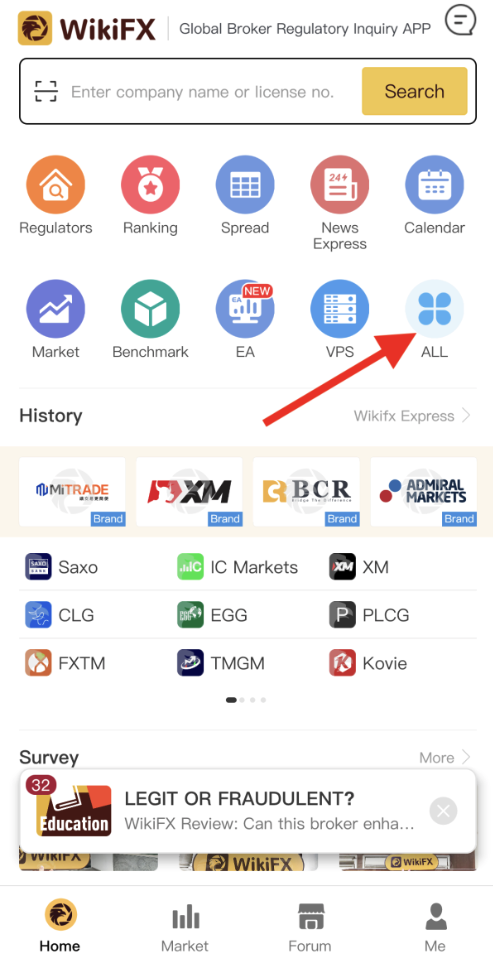
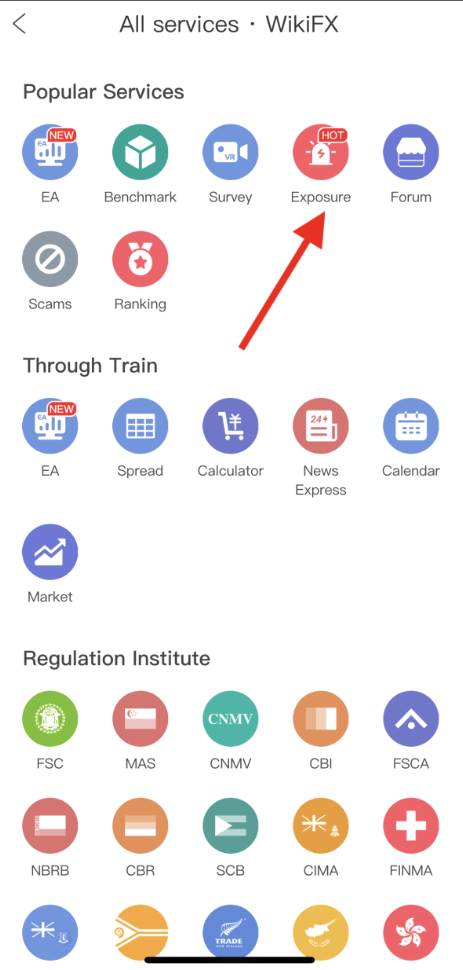
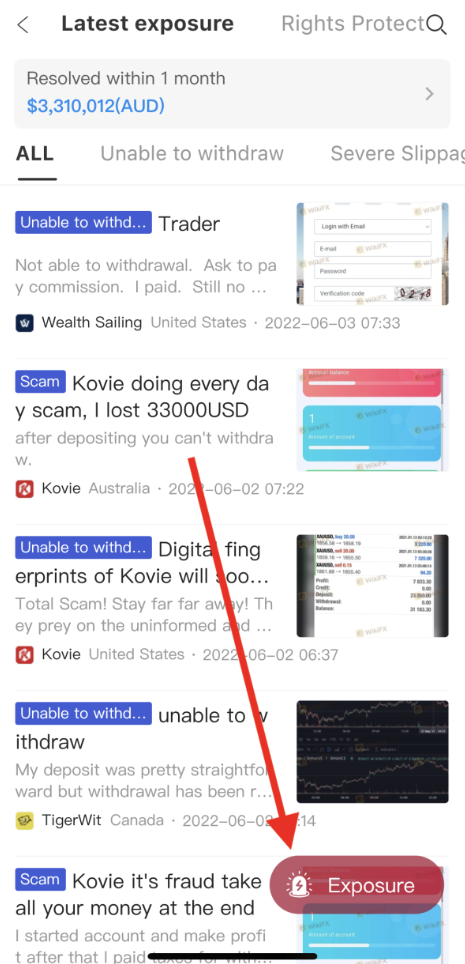
Alternatively, contact WikiFX via the channels below:


Leave a Reply